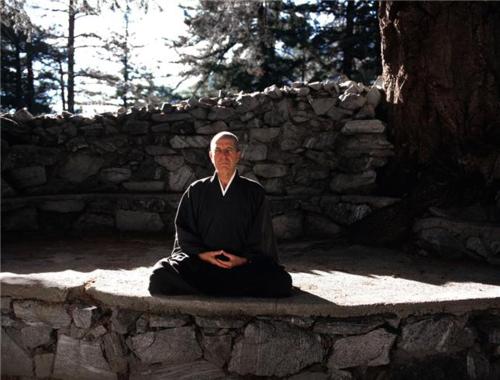Leonard Cohen says he spent a couple of years working on what would become his masterwork Hallelujah. He estimates he wrote about eighty verses, while trying to find the right ones. The song was originally released on the album Various Positions, and he publicly performed it first as part of the 1985 tour in support of that album. However, within three years he was singing a different version with almost no overlap in the verses.
It appears there wasn’t a lot of initial response. Although Bob Dylan covered it for live performance, he never recorded it. The linage of success seems to start when John Cale covered it in 1991, which inspired Jeff Buckley’s famous 1994 cover included in his album Grace. Zach Schonfeld & Sean Elder in their Newsweek essay 60 Versions of Leonard Cohen’s Hallelujah, Ranked, write “So many of the song’s fans believe Buckley wrote ‘Hallelujah,’ and he may as well have, in a sense: He reimagined it in remarkable ways and brought it to popular light, even if he never lived to see the effect. Buckley’s unforgettable recording, which serves as the centerpiece of 1994’s Grace, opens with a literal exhale and closes with Buckley dragging out the titular exultation for 10 soaring seconds. In between, the singer deconstruct’s Cohen’s song as a trembling, achingly raw solo performance set to lilting electric guitar figures.”
Apparently this opened the floodgates. According to the Wikipedia article on the song there are over three hundred versions recorded in several languages. And, probably counting. I gather it has become a standard among those amateur singer television shows. In 2012 Alan Light did a book length study of the song, “The Holy or the Broken: Leonard Cohen, Jeff Buckley & the Unlikely Ascent of ‘Hallelujah'”
The original version of the song is replete with Biblical references, and Christians have leaped in to clean up the ambiguous spirituality that cuts through Cohen’s versions, none I’m aware of to any particular success. And of those I’ve heard, none deserved any. But, really, who am I to say? Cohen himself suggests “many different hallelujah’s exist.” True that. Some no doubt will be superficial, others deeply intimate. Really, this song is ultimately totally personal. So, it should be sung in all the different voices.
Digging into this point the Wikipedia article, itself citing a BBC Radio documentary, notes those “wide-ranging covers with very different intents or tones, allowing the song to be ‘melancholic, fragile, uplifting [or] joyous’ depending on the performer: The Welsh singer-songwriter John Cale, the first person to record a cover version of the song (in 1991), promoted a message of ‘soberness and sincerity’ in contrast to Cohen’s dispassionate tone; The cover by Jeff Buckley, an American singer-songwriter, is more sorrowful and was described by Buckley as ‘a hallelujah to the orgasm;’ Crowe interpreted the song as a ‘very sexual’ composition that discussed relationships; Wainwright offered a ‘purifying and almost liturgical’ interpretation; and Guy Garvey of the British band Elbow made the hallelujah a ‘stately creature’ and incorporated his religious interpretation of the song into his band’s recordings.”
And, of course, if, as I find it, the song touches the deeper parts of our hearts, we will each of us respond differently. Totally personal.
For me the song with its religious themes of loss, its honest and sometimes sad sexuality, speaks to the mystery and possibility of our lives. For the most part I feel it should be sung by someone old, although I’ve recently come to feel it also belongs to youth, particularly when one is still exploring, feeling, trying to find an identity.
Schonfeld and Elder’s delightful essay 60 Versions of Leonard Cohen’s Hallelujah, Ranked, which inspired this little meditation, suggests Cohen’s versions are not the best interpretations of the song, they rank his 1984 original recording only number eight on their list. They make some good arguments. But, for me, again, age tends to trump for this song, and its those versions he has regaled us with on his last couple of tours where he has been trying to financially recover from the theft of his life savings while he was in a five year Zen retreat, that move me most.
Love, loss, looking into the abyss of old age and death, and still, finding a mysterious joy at the center of it all.
That’s what I hear.













